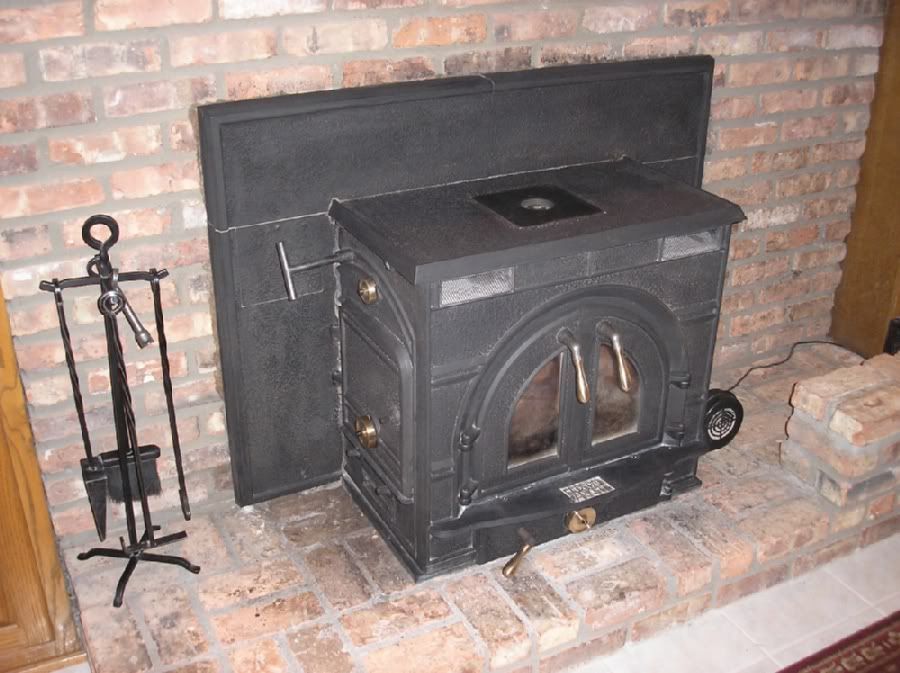DrewUth
Jack of all trades, master of none.
I don't have a federal...mines a VC Dutch west...basically the same other than primary intake...
these are meant to run with the "cat damper" closed...only to be open when loading/starting the fire...
when I start mine I have it open and I also open the ash door to help get it drafting, then close the ash door and let the wood get going good then shut the cat damper, and control fire with primary intake...secondary stay set at around 1/2- 3/4 of a turn out.
your cat is not always going to be "active" its just the way it works...when its low on wood or temp is down it wont be active...no harm in have the cat damper engaged when its not "active", if it wasn't engaged you would just send all the heat up the stack....
I should also mention my cat has been removed...was removed by previous owner, and I never felt the need to replace it...it still "reburns" even with out the cat just fine...usually just doesn't start working until it hits around 900, and I burn it 24/7 during heating season...no problems.
I would be concerned with operating it at the high end (1200+) for any extended amount of time though, as it likes to warp the baffles...1200 is the hottest I like to run mine...but I usually don't keep it there for long.
as for the cat damper...I don't know what you used for anti seize...but Loctite Nickel anti seize is good up to 2400 degrees, its nickel/graphite...if not then maybe try a graphite base lubricant?
I used the permatex silver stuff, but you're right- graphite would be great. They also make a gold formula (permatex). I am just not too keen on popping the top of the stove off again, and having to go through more furnace cement sealing it down again. I sure wish there was a rope gasket for the top so sealing it wasn't such a pain!
So everything I thought I knew about the cat was that I shouldn't flip the damper to utilize it until after I hit 600* plus. You're saying I can have that damper flipped all the time, just not when I'm loading it or first starting it? I have had luck loading fresh wood in with the cat damper shut, but I thought that when the stove was cold the draft wouldn't be strong enough to go through the cat. But I see what you're saying, and that certainly makes it easier!
























































